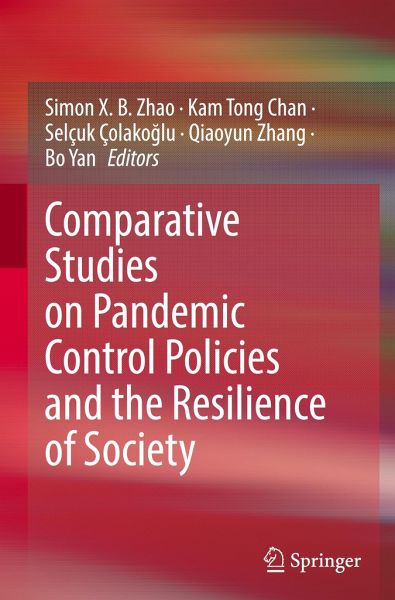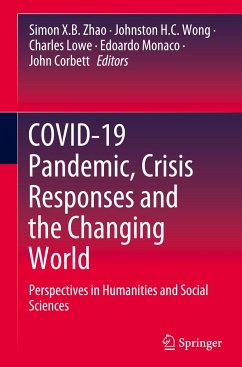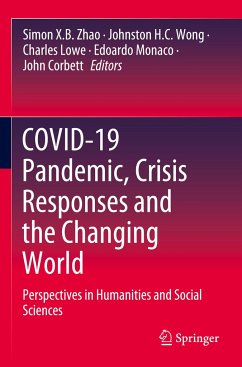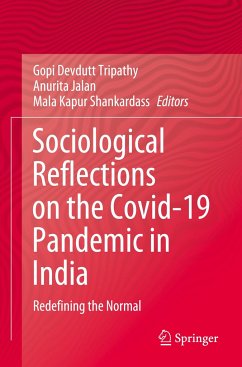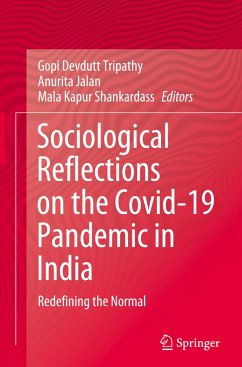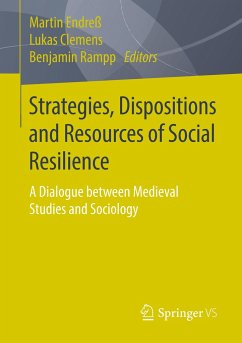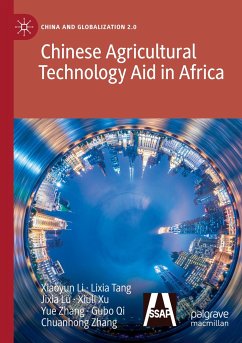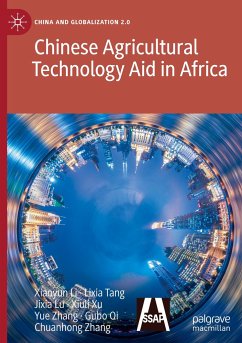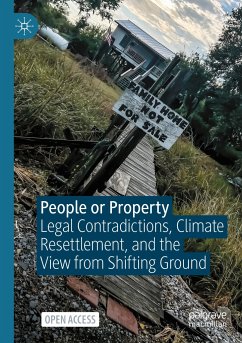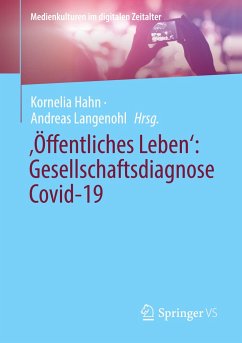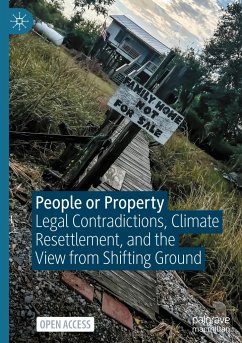Simon Zhao, Professor and Associate Dean at the Faculty of Humanities and Social Sciences BNU-HKBU United International College (UIC). He used to teach in HKU as a founding Director of International Center for China Development Studies and specializing at urban, regional and global studies and publishing in the broad areas of urban regional studies, geopolitical and economic development, spatial and global transformation, geography of international trade and finance, and development of international financial centers (IFCs). He is an editorial board member for four international journals and published more than 150 papers in international refereed journals, mainly SSCI/SCI/CSSCI Citation Journals, book chapters and consultative reports etc. Simon Zhao was a Member of the Central Policy Unit, HKSAR Government (Pan-PRD Panel) and chaired and co-lead many substantial academic research projects, providing widely consultancy services to China national, provincial, and localgovernments as well as private sector. His latest edited volume is COVID-19 Pandemic, Crises Response and the Changing World: Perspectives in Humanities and Social Sciences (by SpringerNature, 2021) is well received globally. Kam Tong Chan, Associate Professor in Social Work and Social Administration, BNU-UIC United International College and Head of Joint HKBU-UIC Master of Social Work Program. He is a Registered Social Worker in Hong Kong and Canada and was awarded Top 10 Outstanding Social Work Professionals in 2012 by the National Ministry of Civil Affairs of the People's Republic of China. He has served as the Deputy CEO of the Pok Oi Hospital Board in Hong Kong, with over 92 service units and 1500 staff. Dr. Chan's academic interests focused on non-profit organizations, social service administration, social work supervision, and social enterprises and social innovation. He oversees many research projects funded by the Hong Kong SAR Government, Mainland ChineseGovernment, and Macau SAR Government. Dr. Chan is also author of 10 books and many research publications on comparative studies of social enterprises, social services management, and social work. Selçuk Çolakölu, Associate Professor at the Faculty of Humanities and Social Sciences, BNU-HKBU United International College. Dr. Çolakölu received his BA from the Department of International Relations at Ankara University, obtained his MA from the Department of International Relations at Middle East Technical University (METU) in Ankara, and completed his PhD in the Department of International Relations at Ankara University in 2003. His research interests include Foreign Policy, International Security, Globalization, Global Governance, and the G20. He has published monographs, 40 articles, and book chapters. His books are: Turkey and China: Political, Economic, and Strategic Aspects of the Relationship (London: World Scientific, 2021), Northeast Asia in International Relations (Ankara: USAK Press, 2009); Korean Society, Culture, Politics (with Bengü Çolakölu, Ankara: Orion Press, 2008); China in World Order and Turkey-China Relations , (Ankara: USAK Press 2012). He has held positions in universities in South Korea, Turkey, the United States, and China. Qiaoyun Zhang, Assitant Professor at BNU-HKBU United International College (UIC). Zhang's research focuses on cultural recovery and preservation after disasters, and engages with topics of risk and culture, state-ethnic relations in China, and intangible cultural heritage safeguarding. She received her PhD in Anthropology from Tulane University (USA) and was research fellow at the International Institute for Asian Studies (Leiden, the Netherlands) and associate researcher at the School of Anthropology and Museum Ethnography, University of Oxford (the UK). She has published more than 10 articles in leading SSCI, A&HCI, and CSSCI journals including Journal of Contemporary China, Asian Ethnology, and Journal of American Folklore. Currently, she is conducting research on socio-cultural adaptation in the post-pandemic era. Yan Bo, Research Fellow at the BNU-UIC United International College. Yan received PhD in History from Nanyang Technological University, Singapore. He is a Research Fellow in the Faculty of Humanities and Social Sciences. Yan's main research interests include modern Chinese history, post-war United States, and modern Southeast Asian history, and the history of the global 1960s. He has published in the Journal of Asian Studies, Twentieth Century China, and others. Yan's PhD dissertation was listed as the International Convention of Asia Scholars (ICAS) Book Prize 2021-Best Dissertation in Humanities. Yan Bo is currently conducting studies and research on global pandemic of COVID-19.
